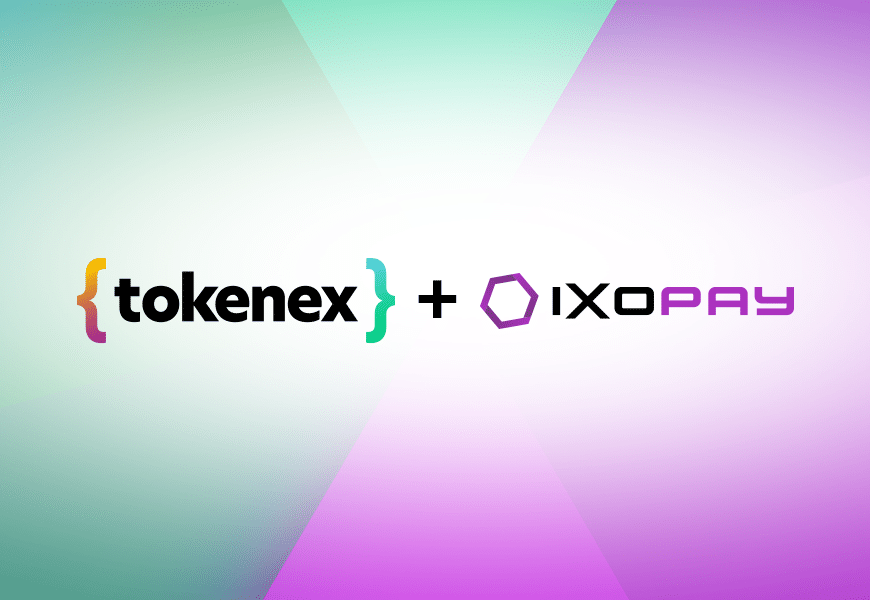In 2020, the Federal Trade Commission stated there were 393,207 reports of credit card fraud. This statistic shows a 44.7% increase from 2019, which is not surprising during the COVID-19 pandemic. Indeed, cybercriminals are finding new ways to commit card-not-present fraud due to the surge of online shopping, government-issued benefits, and social media usage. Hackers use information gathered about individuals online to steal their credit cards and personal information. Since this financial cybercrime will continue to rise, let’s explore the cost of credit card fraud for businesses and some bonus tips to detect and prevent fraud.
What Is the Average Cost of Fraud for Businesses?
A recent Nielson Report predicts that card fraud will cost the global tech industry $408.50 billion within the next decade. Even though the United States makes up only 22 percent of the worldwide card volume, our nation experienced 36 percent of card fraud in 2019. By 2030, it’s predicted that card fraud will hit $17 billion out of an estimated $19 trillion total card volume in the U.S.
For businesses that handle credit card payments, these statistics illustrate the high costs of fraud and how important it is to prioritize detection and prevention against fraudulent payment activity. Further, these statistics do not fully encompass the entire costs of fraud as there are always additional fees and expenses related to investigating fraud, assisting customers, and maintaining business operations.
Despite the advancements in preventing large-scale fraud attacks, ecommerce businesses are still facing a significant issue – individuals engaging in card fraud against businesses across the globe. In turn, these cybercrimes cost companies significant profit losses, as well as damage to their brand and reputation as a trustworthy business that can protect its customers’ sensitive payment data.
Card-Present vs. Card-Not-Present Fraud
When it comes to credit card fraud, there are two main categories – card-present and card-not-present. Since the approach and costs vary, it’s helpful to understand how these transaction types differ.
Card-Present Fraud
A card-present transaction occurs when a customer purchases in person with a physical credit card. This transaction type is considered low-risk for fraud, as several security measures are in place to prevent fraud. For example, in-person transactions may require a chip reader, signature, photo ID, and personal identification number (PIN). If a person uses a stolen credit card for a card-present transaction, the business will not be liable for the fraud as long as they follow specific security measures for fraud prevention. Instead, the cardholder’s issuing bank will be responsible for the losses.
Additionally, card skimming is another type of fraud harming physical stores. Hackers install card skimmers at point-of-sale (POS) systems, such as gas pumps or ATMs. Whenever a customer uses the seemingly secure POS, the card skimmer steals the cardholder’s credit card details. Aside from fraud, people are less likely to use a business affected by this stealthy type of fraud.
Card-Not-Present Fraud
On the other hand, card-not-present transactions are completed remotely without a physical card, such as via phone, mail, or online. Online transactions require entering or sharing credit card details at the time of checkout. Unlike card-present, card-not-present doesn’t use chip readers, signatures, or photo IDs to complete a purchase. Without the same security measures offered, online businesses are unfortunately responsible for any fraudulent charges made with stolen or fake credit cards.
A common example of this fraud is when a cybercriminal uses a stolen credit card to make a fraudulent online purchase. Once the genuine cardholder discovers the unauthorized transaction, they will quickly contact their issuing bank to dispute the charge, which can result in a chargeback. A chargeback occurs when a cardholder requests that a charge be removed from their account. Unless a merchant can successfully dispute a chargeback, they must return the cardholder’s funds or credit to their account. Indeed, chargeback fees add up quickly because the merchant takes a financial hit from the loss of products, damaged reputation, and penalties from the merchant’s card associations.
Card Fraud Detection and Prevention Strategies
If you accept and process credit cards, your business will eventually experience credit card fraud. Despite this reality, you can still take measures to detect and prevent fraudulent payments actively. One effective solution for credit card fraud prevention is tokenization, which replaces sensitive payment information like primary account numbers (PAN) with randomly generated, unique tokens. While these tokens represent the original value, they do not contain any relevant data useful to anyone other than the tokenization provider. Indeed, removing sensitive data from a business’s internal environment can help maintain PCI compliance. If a data breach occurs, the hackers will be left with only useless tokens. With nothing to steal, these cyber thieves will move on, thus saving a business time and money and, most importantly, preventing fraud at the source.
Furthermore, another fraud prevention solution to consider is 3-D Secure or 3DS. 3DS is a three-step process that verifies a cardholder’s identification before an online credit card transaction is authorized. By implementing this strategy, any fraudulent charges will be offloaded to the issuing bank. In other words, the issuing bank will be responsible for the resulting chargeback fees associated with any card fraud.
At TokenEx, our leading cloud tokenization solution gives our customers the freedom and flexibility to work with any payment processor and to establish a holistic security approach designed to detect and prevent fraud before it hits. Learn more about our fraud prevention products, including 3DS, network tokens, and Kount fraud prevention. When you take your customers’ data security and protection needs seriously, this will improve your reputation as a trustworthy business.















